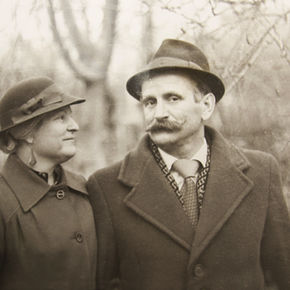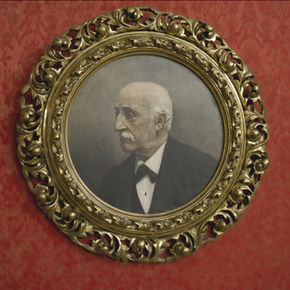
ABOUT
ArcHIVE
ArcHIVE is a social enterprise, aiming to preserve recent cultural history resources for communities across the UK on an accessible online database for the benefit of present and future generations.
MISSION & HISTORY.
The primary aims of ArcHIVE are the preservation of historical socio-cultural resources and the easy accessibility of these resources to communities and the public in general. These resources are currently stored with various degrees of care in every community across the UK, those that have contextual details associated with these resources are diminishing and soon the historical value and condition of these resources will be irredeemable, this is why ArcHIVE aims for preservation and accessibility. There will come a time again, as there does with most things where communities will want to know of their heritage, without the work of ArcHIVE the historical communities, those community-families of WW2 or the tenacious industrial communities of the 1800’s would be so much more inaccessible.
ArcHIVE also hopes to work to involve the elderly, by encouraging communities to hold listening parties for the elderly within communities, hoping to encourage community care and recollections of past community. It is the intention that any who engage with this become designated ArcHIVE Alumni and have access to an online platform and physical notification system of communication to notify of local events, in some small way attempting to combat the growing issue of loneliness in communities.
OUR STATED AIMS.
1.
Preservation of local history records in a secure online database format, with a standardised form to allow record of associated contextual data.
Providing of a web-like structure to allow links based on themes between communities and community data points. This is to demonstrate and provide real links between communities and shared local histories. It is hoped that eventually, some communities might engage in joint history projects.
2.
To inspire involvement with local histories and promote education, on said histories amongst communities. Perhaps through the organisation of lecturing events or writing of publications.
3.
On a case by case basis, allow greater and easier access to currently locked-up local history resources for the general public and researchers at institutions. As in many cases, interested individuals are unaware of or unable to access such resources.




